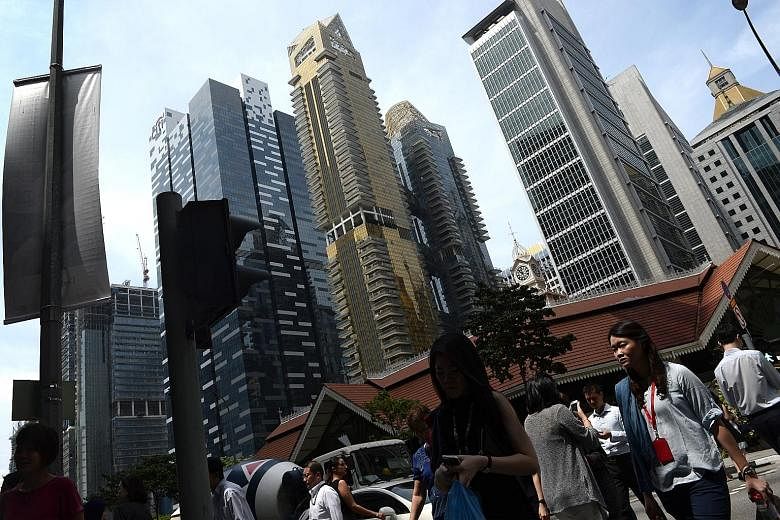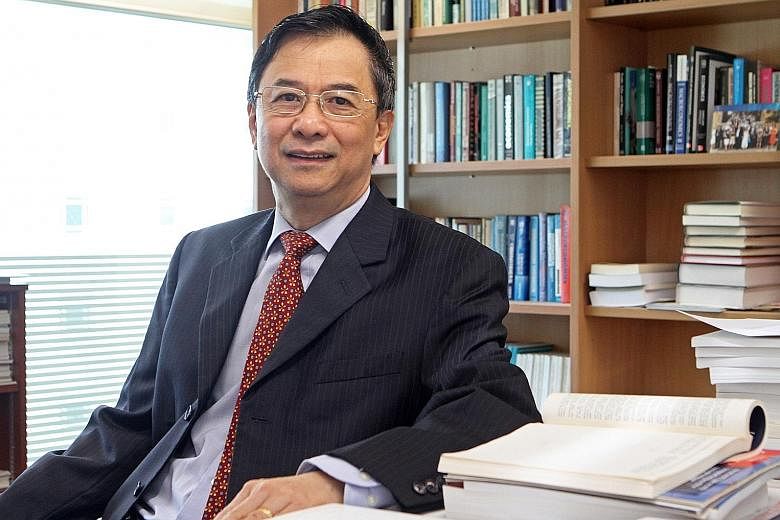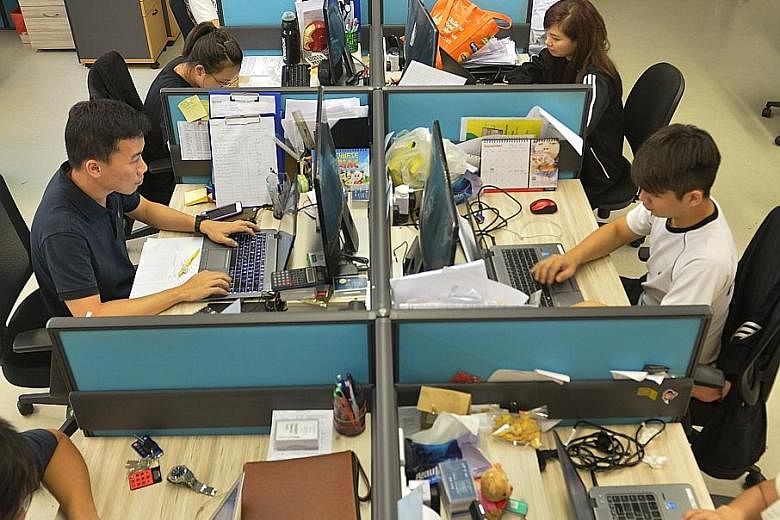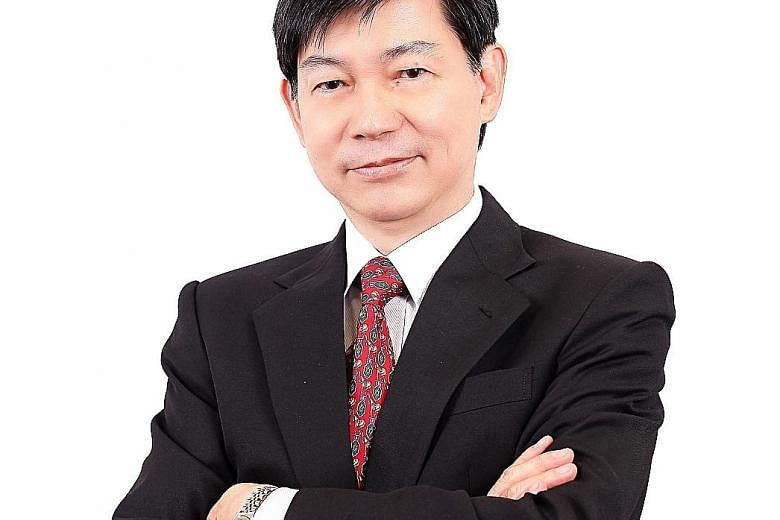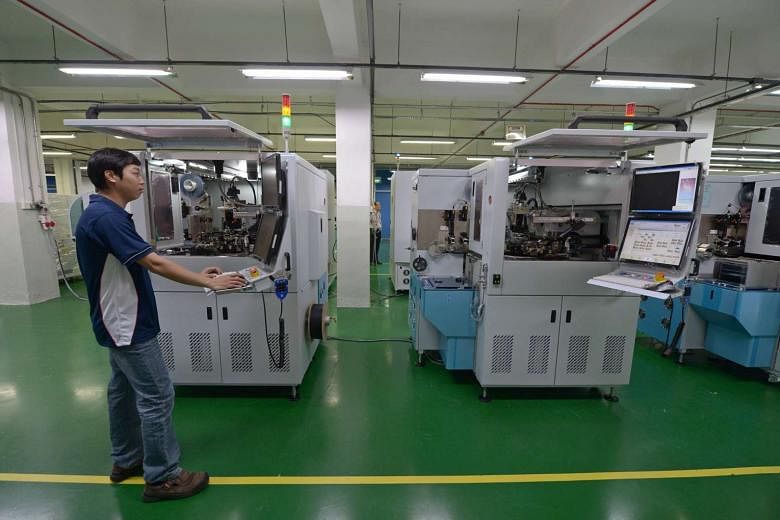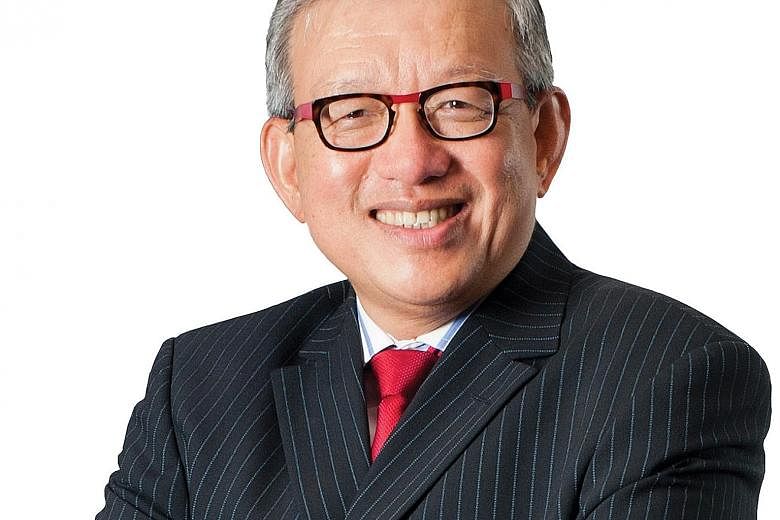THE ECONOMY
The fundamental shift that the Singapore economy is undergoing is to make a transition from an era of catch-up growth to becoming a mature economy that delivers a high rate of indigenous innovation.
At the same time, the Singapore economy, along with other developed economies, is having to cope with the changes brought about by the opportunities and disruptions of automation, machine learning and artificial intelligence.
When an economy undergoes a major reorganisation to prepare its workforce for indigenous innovation, resources are used up in intangible investment.
Time taken by workers to brainstorm ideas for developing better products or improving business processes is an opportunity cost for firms.
In an accounting sense, less output is produced when workers spend time investing in developing ideas, and this contributes to a slowdown in economic growth.
It is, however, a necessary investment that many of our small and medium-sized enterprises (SMEs) have to undertake if they are to become the new drivers of growth.
I think that the Industry Transformation Programme, announced in the last Budget and currently being introduced, adds fiscal incentives and support to SMEs making this investment to spur innovation.
The SkillsFuture initiative, which helps mid-career workers pick up new skills to fill new jobs that are created, involves workers in a period of training.
This is also an opportunity cost since the worker is taken away from actual production.
This intangible investment to make Singapore a more innovative economy is likely to take five to 10 years to bear fruit, so I do not expect any strong rebound next year.
DR HOON HIAN TECK, professor of economics, Singapore Management University
WORKERS
Like the stock market, the economy goes up and down when certain events are triggered. The current weakness in Singapore's economy is caused largely by several factors such as the prolonged depressed oil prices, the slowdown in the United States, China and Japan, and political and economic changes in Europe with Brexit and the coming US election.
If global economic conditions are weak, the local employment market will not be strong.
Any downturn will result in job loss, the extent of which will vary according to the sector affected.
At the moment, industries and sectors that are badly affected include oil and gas, offshore and marine, electronics, manufacturing, banking, and construction and real estate.
With more companies holding back on expansion or cutting losses and downsizing, redundancies are likely to go up, and the unemployment rate might increase.
Singapore's economic restructuring has also had an impact on the employment climate.
We have not hit the bottom of this trough yet, as next year will probably be a more difficult one for most.
If global economic conditions remain status quo, industries and sectors that are currently down are likely to experience continued troubles next year.
In addition to those in the supply chain, other industries might also be affected if the downturn persists for too long.
As a recruitment specialist, we have gone through many economic cycles, so we know there are always pockets of opportunity even in a downcycle.
There will still be opportunities in certain sectors that are always in need of manpower, such as healthcare, IT and education.
MR RONALD LEE, managing director, PrimeStaff Management Services
BUSINESSES
Singapore's open and outward-oriented development strategy makes our economy dependent on global markets, so it would be inevitably impacted by the current subdued external demand and global trade.
Domestically, high operating costs and the constraints imposed by our foreign-worker policies continue to plague businesses and limit growth.
These conditions are affecting the profitability of our companies. As indicated by the findings of the latest SBF-DP SME Index, Singapore businesses are particularly downbeat. The survey registered the lowest profit expectations and second-lowest overall index score of 50.2 in seven years.
In addition, five of the six sectors surveyed indicated they expect their profits to decline or to incur losses in the coming two quarters. These are the commerce and trading, construction and engineering, manufacturing, business services and transport and storage sectors.
The global economic outlook is expected to remain weak in the near term, owing to sluggish investment demand in advanced economies, slower growth in China, low oil prices, weaker global trade flows and uncertainties brought about by events such as Brexit. In the light of these conditions and Singapore being a highly open economy, we expect business sentiment to remain lacklustre broadly across most sectors next year.
We encourage local companies to venture overseas for growth, especially in the Asean region, which is expected to enjoy good growth of 5.2 per cent over the next five years.
Businesses should also expand the use of digital technology to help them reach out to these overseas markets more effectively.
Consumption patterns in this region will shift in tandem with a rising middle class, growing affluence and increasing e-commerce penetration.
Companies which are able to respond to these trends will stand to benefit in the longer term.
MR HO MENG KIT, chief executive officer, Singapore Business Federation
